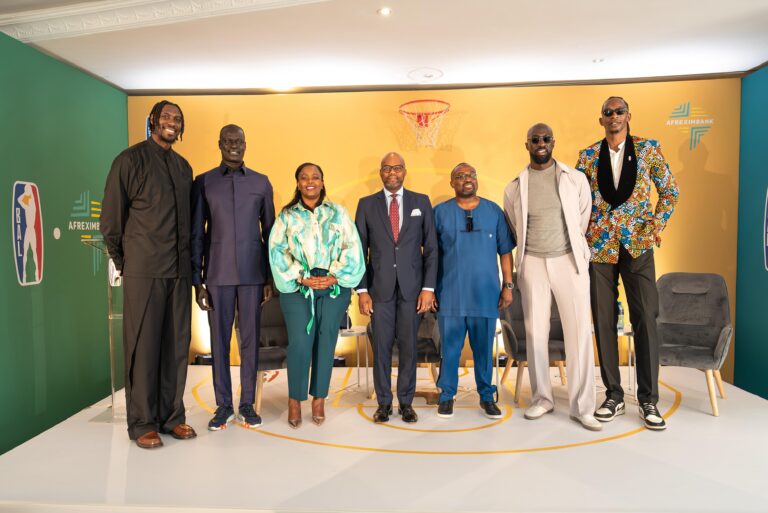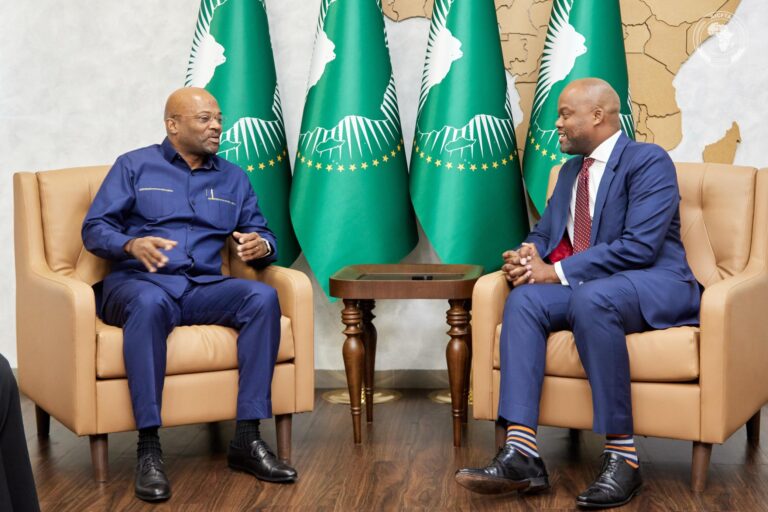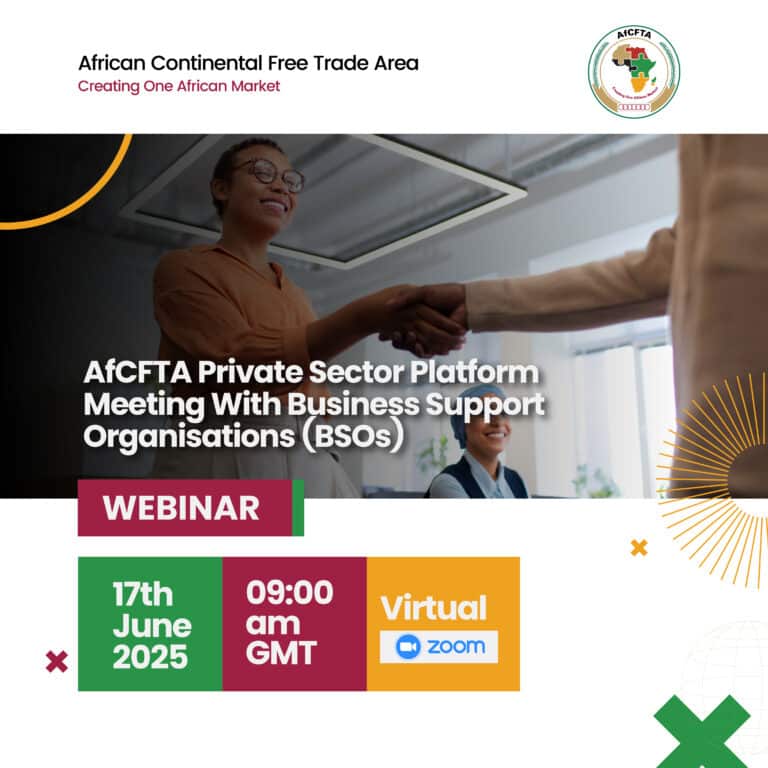Secretary General of Africa Continental Free Trade Area (AfCTA), Wamkele Mene says disparities in the economic conditions in many countries across the continent are posing a significant challenge to the vision of the African Union to grow into a full economic union with its member states having one common currency, a condition requisite for boosting trade and economic development.
After entering into force on May 30, 2019, the AfCFTA secretariat which is being hosted by Ghana has championed initiatives targeted at effectively getting all actors involved to work together in creating the largest common market in the world bringing together the 55 countries of the African Union (AU) and eight (8) Regional Economic Communities (RECs) with a potential to have a combined GDP of more than $3.4 trillion.
But the trade initiative in spite of its achievements of getting a significant number of countries to sign the trade deal, suffers a key setback of trading under the AFCTA framework which experts say will be determined by the ability of the African countries to move away from the dollarisation of the intra-African trade.
“The Abuja treaty sets out the linear model for integration of the African continent which culminates in Africa becoming a monetary union, so it is there as one of the objectives and in fact not only is It in the Abuja Treaty but if you look at the founding instruments of the Organization of African Unity, this was an objective not only a political union but also the highest level of economic union. so it is there” Wamkele Mene Noted at a news conference ahead of the African Business Forum taking place in Cape Town South Africa.
He, however, noted that “The reality of course is that it is a big challenge, very difficult to overcome the differentials in levels economic development, macro-economic convergence criteria, we know from the experience of Europe that it is not easy to have a macro-economic convergence criteria which will be able to address domestic economic policy consideration we know this from the experience of Greece, Portugal and others after the existence of the Eurozone so it is going to be difficult but it will take time”.
In the meantime the secretariat has finalized what it terms the Pan-African Payment and Settlement System in order to facilitate trade amongst member states using a reliable and a digitized Forex system that will ease the burden of doing trade.
Africa’s Private Sector and governments agencies have gathered in Cape Town South Africa to deliberate on plans that will resolve or deal with the bottlenecks challenging the acceleration of the African Continental Free TRADE AREA which came into force in 2019.
SOURCE: JoyOnline


